Altar Breads | Sacred Symbolism in Christian Worship

Altar breads, also known as communion wafers or the Eucharistic host, are a pivotal element in Christian liturgical practices. These thin, round wafers, made primarily of wheat flour and water, hold profound religious significance, symbolizing the body of Christ in the sacrament of the Eucharist. The ritual of breaking and sharing altar breads dates back […]
Amen | Origins and Usage
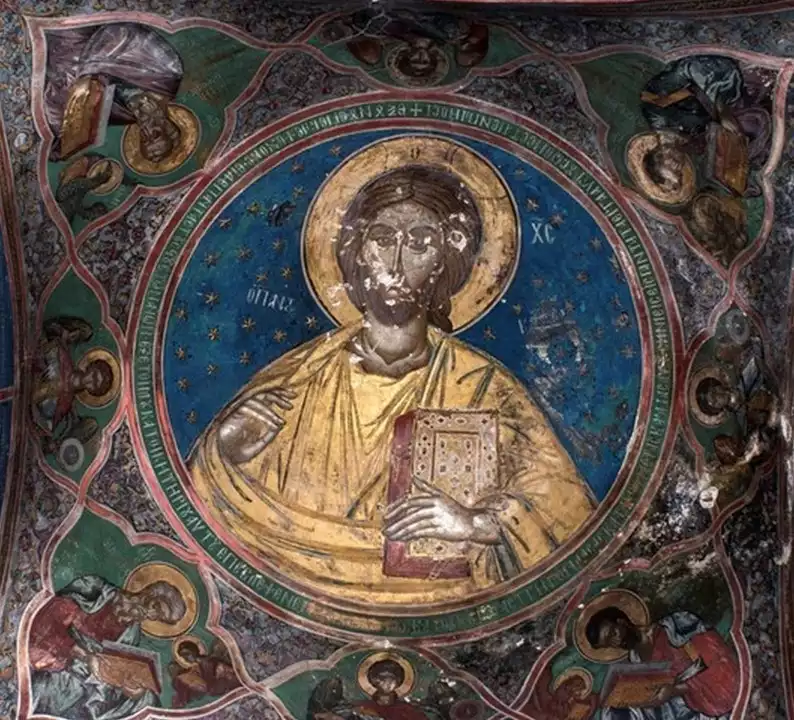
The term ‘Amen,’ a pivotal word in religious and cultural contexts, holds a profound significance that transcends its simple utterance. Originating from ancient Hebrew, ‘Amen’ is commonly translated as “so be it” or “truly.” Its usage spans various religious traditions, including Judaism, Christianity, and Islam, where it signifies agreement, affirmation, and sincerity. In the context […]
Alpha | The Quintessential Greek Alphabet Letter
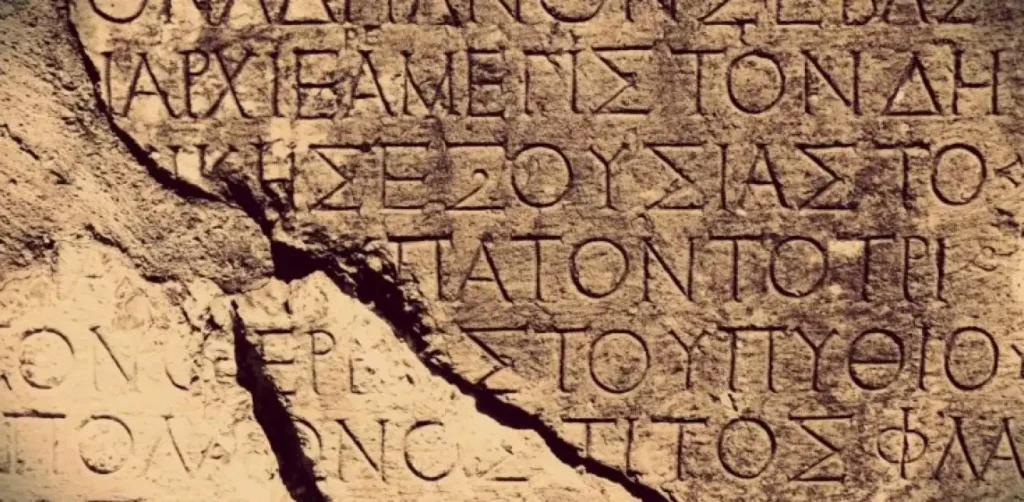
Alpha, the inaugural letter of the Greek alphabet, stands as a symbol of beginnings and origins. Its journey from ancient Phoenician scripts to its current typographic form unfolds a rich linguistic heritage. Alpha’s etymology traces back to the Phoenician word ‘aleph’, meaning ‘ox’. This connection is evident in its earliest graphical representation, resembling an ox’s […]
Abaddon | Biblical Context and Theological Interpretations
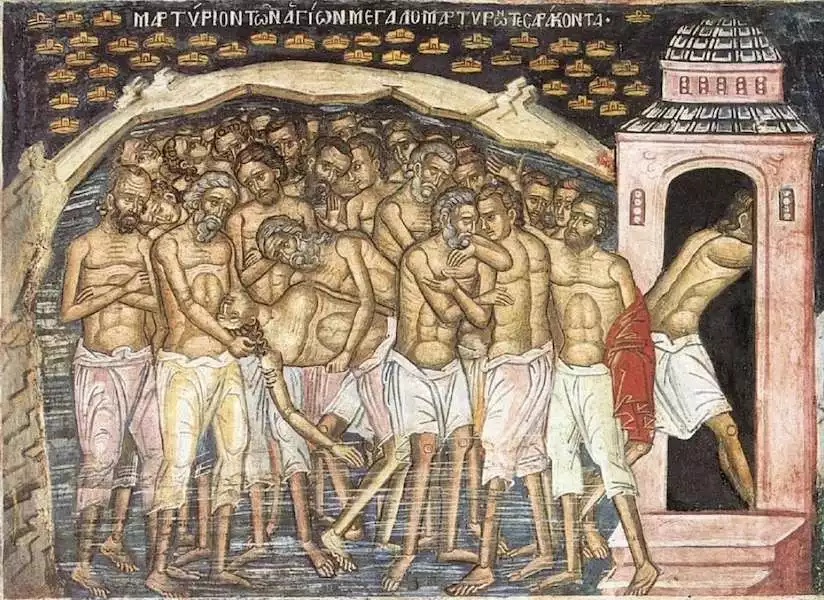
Abaddon, a term of profound theological and symbolic significance, emerges within the Biblical narrative as both a place and an entity. Its etymological roots, traced back to Hebrew, denote “destruction” or “doom,” establishing a formidable presence within scriptural texts. Etymological Analysis The Hebrew origin of Abaddon, אֲבַדּוֹן (‘avadon), is fundamentally linked to notions of […]
Abares in Biblical Context
Historical and Biblical Identification of Abares Abares, though not a prominently featured group in the biblical narrative, hold a niche yet significant place in the context of ancient Near Eastern history. The term ‘Abares’ appears sparingly in the biblical texts, primarily within the Old Testament. In these references, Abares are depicted as a group of […]
Abia | Key Figure in Biblical Priesthood and Ancestry
Abia, also known as Abijah in the Hebrew Bible, is a figure of significant religious and historical interest. His narrative unfolds in the Old Testament, particularly in the books of Chronicles and Kings. While the exact dates of his birth and death remain elusive, Abia’s role as a priestly figure in the lineage of Aaron […]
Abiathar
A Priestly Figure at the Crossroads of Biblical History and Theological Discourse Abiathar, whose name in Hebrew (אֶבְיָתָר) is derived from אָב (’āḇ), meaning “father”, and יֶתֶר (yéther), signifying “remains” or “excelled”, is emblematic of continuity or superiority over one’s paternal lineage. In the scriptural narrative, Abiathar emerges as Ahimelech’s son, the priest at Nob. […]
Adrian II – Pope
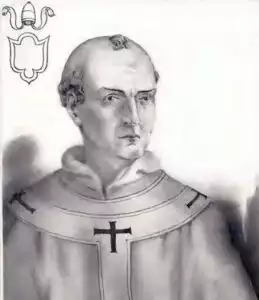
Pope Adrian II, born in Rome around 792 and passing in 872, served as the head of the Catholic Church and ruler of the Papal States from 867 until his death. Not canonized as a saint, Adrian II’s pontificate was marked by significant ecclesiastical and political developments, reflecting a period of considerable turmoil and transition […]
Arius, Presbyter of Alexandria: Controversial Theologian
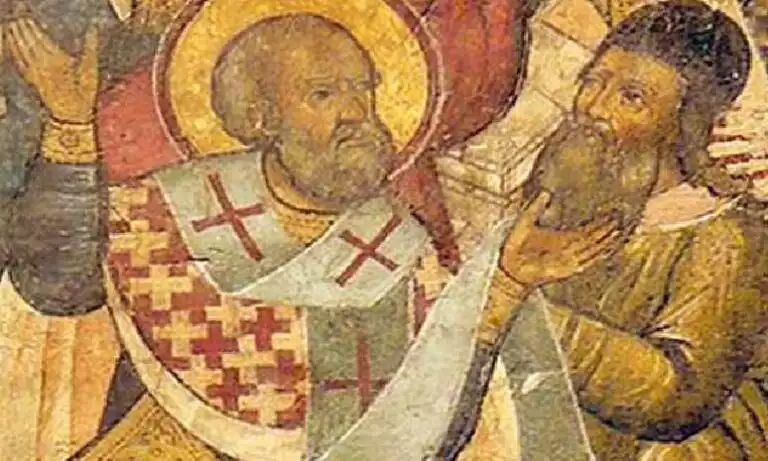
Arius (c. 256–336 AD), a presbyter of Alexandria, remains a figure of significant theological controversy. Known primarily for his role in the Arian controversy, his teachings challenged the mainstream understanding of the Trinity, sparking a pivotal debate in early Christianity. His doctrine, which posited that the Son of God was not eternal and therefore not […]
Anglicanism | Bridging Catholicism and Protestantism

Anglicanism, a distinctive branch of Christianity, is rooted in the Church of England’s rich historical and theological traditions. Originating during the Reformation, it combines elements of both Protestantism and Catholicism, creating a unique religious identity. This blend is evident in its liturgy, governance, and doctrine, contributing to its global presence and appeal. Embracing both traditional […]
Agape | Definition of God’s Unconditional Love
Agape, a term deeply rooted in Christian theology, signifies a form of love that is unconditional and selfless, transcending mere emotions or affections. Emerging from the Greek language, it represents the highest form of love, often associated with God’s love for humankind, embodying benevolence and charity. This divine love, central to Christian ethics, extends beyond familial or romantic ties, reaching out to all, including strangers and even enemies, encapsulating the essence of altruism and compassion.
Anastasius I, Emperor
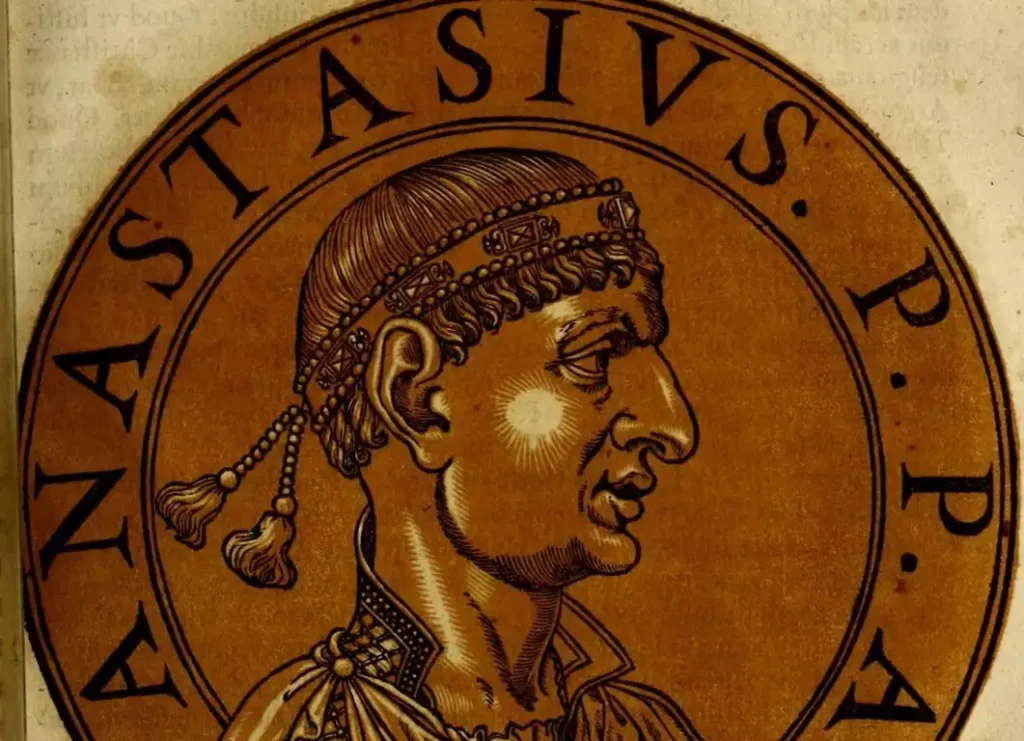
Emperor Anastasius I, born in 430 AD and passing in 518 AD, was a pivotal figure in the history of the Byzantine Empire. Renowned for his significant fiscal and monetary reforms, Anastasius I’s reign marked a substantial economic and administrative transformation. His policies not only stabilized the empire’s finances but also laid the groundwork for […]
Asceticism | Self-Discipline

Asceticism, a concept often intertwined with religious and spiritual practices, embodies the principles of self-discipline and abstention from worldly pleasures. Asceticism – A Historical and Etymological Overview Asceticism, derived from the Greek word ‘askesis’, meaning ‘exercise’ or ‘training’, is a practice deeply rooted in self-discipline and abstention. Historically, asceticism has been pivotal in various religious […]
Antidoron in the Orthodox Church

A Symbol of Grace and Communion Antidoron, a term derived from Greek, meaning “instead of the gifts,” holds significant liturgical and communal importance in the Orthodox Church. This bread, blessed but not consecrated during the Divine Liturgy, is distributed to the congregation. While its origins are not explicitly biblical, Antidoron carries deep spiritual and symbolic […]
